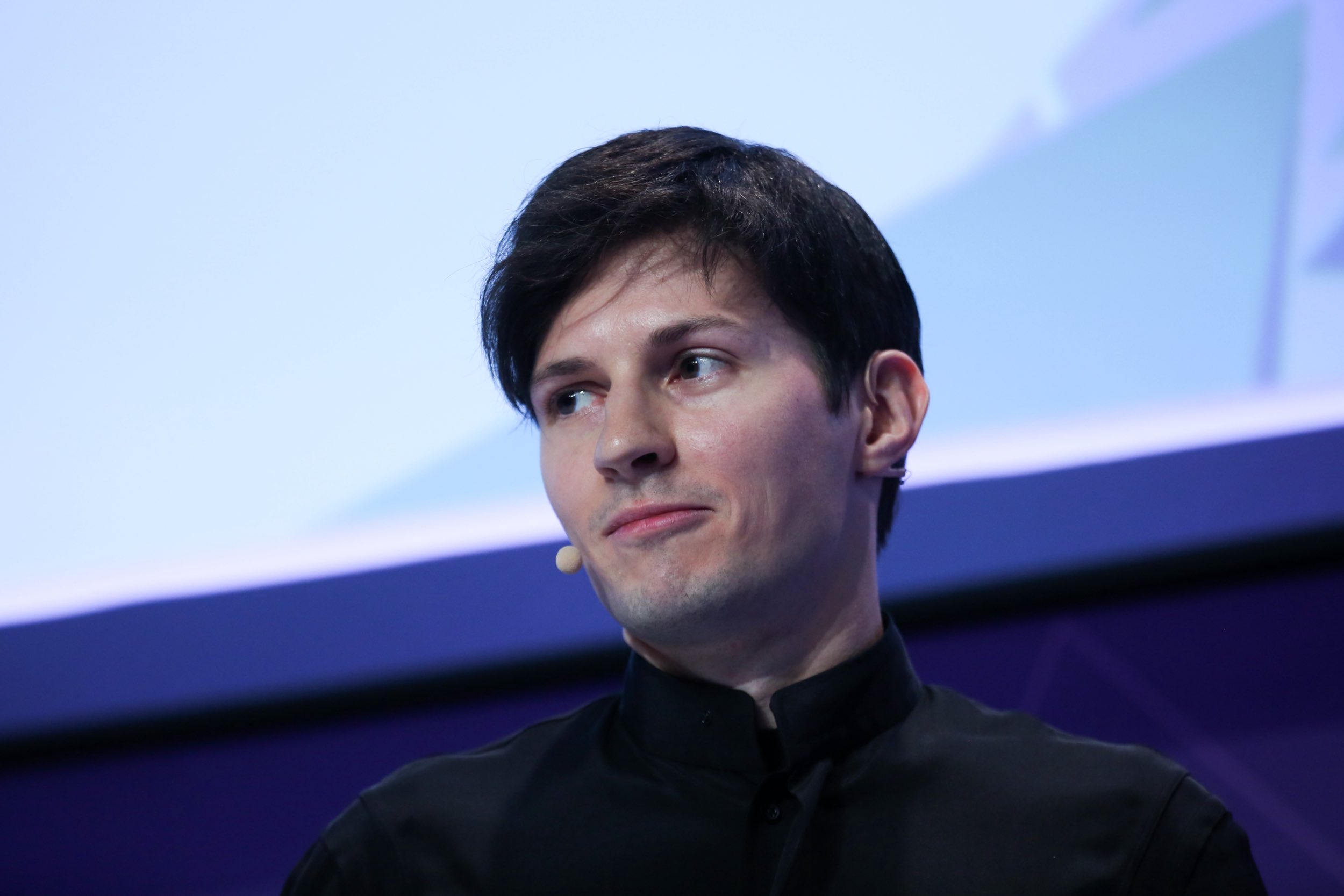

### Telegram CEO Pavel Durov Faces Legal Struggles in France: An In-Depth Look at the Allegations and Consequences

*Telegram CEO Pavel Durov at the Mobile World Congress in Barcelona, Spain, on Tuesday, Feb. 23, 2016. (Getty Images | Bloomberg)*
Pavel Durov, the charismatic leader of Telegram, finds himself in the midst of a legal confrontation in France that could have considerable impact on the future of the messaging service and its global operations. Durov was detained in Paris on Saturday, August 24, 2024, and interrogated by authorities for several days before being released. Nonetheless, his legal woes are not concluded, as French officials have suggested he might face a formal inquiry and potential charges.
### The Arrest and Preliminary Inquiry
Durov’s detention shocked many, particularly in light of his standing as a tech innovator who has consistently championed privacy and free speech. The Paris prosecutor’s office confirmed that an investigating judge had concluded Durov’s police detention but will summon him to court for an initial appearance and potential charges. The allegations being evaluated are grave and could lead to significant repercussions for both Durov and Telegram.
As per a statement issued by the Paris prosecutor’s office, Durov’s arrest is part of a wider investigation into organized crime activities facilitated via Telegram. The investigative judge in France will determine whether to initiate a formal inquiry, which does not equate to guilt but indicates that there is adequate evidence to justify further investigation. Such inquiries can extend for years and may or may not culminate in a trial.
### The Legal Allegations: Encryption Issues and More
One of the most controversial elements of the case pertains to Telegram’s encryption services. French authorities have identified several potential allegations in connection with encryption, such as:
– **Offering cryptology services intended to guarantee confidentiality without a certified declaration.**
– **Providing a cryptology tool that does not solely guarantee authentication or integrity monitoring without prior notification.**
– **Importing a cryptology tool that ensures authentication or integrity monitoring without previously declaring it.**
These allegations underscore the ongoing friction between technology companies that provide encrypted communication services and government efforts to regulate or access these services for law enforcement objectives. Telegram, recognized for its strong encryption features, has frequently faced criticism for insufficient transparency regarding its encryption processes and for alleged non-cooperation with law enforcement.
### Focus on Child Exploitation Material (CEM) and Additional Crimes
The inquiry also involves more severe claims, including the platform’s involvement in the distribution of child exploitation material (CEM) and drug trafficking. The prosecutor’s communication highlighted possible charges of complicity in the possession and distribution of “pornographic images of minors” and involvement in drug trafficking. These allegations imply that Telegram may have been a conduit for illegal activities, and the organization is being examined for its moderation policies—or the lack thereof.
French officials have also referenced potential charges concerning the platform’s refusal to collaborate with law enforcement. This includes “refusal to supply, at the request of competent authorities, information or documents necessary for conducting and executing lawful interceptions.” This specific charge is particularly troubling, as it suggests that Telegram may have hindered justice by withholding crucial information from authorities.
### Telegram’s Reaction and Industry Impact
In light of the accusations, Telegram has strongly denied any misconduct. The organization contended that it adheres to legal and industry norms regarding moderation, labeling it “absurd to suggest that a platform or its owner is accountable for the misuse of that platform.” Telegram’s defense asserts that it serves merely as a tool, with responsibility for unlawful activities resting with the users who commit them, not the service itself.
However, Telegram’s position has attracted criticism from multiple sources, especially due to its refusal to engage in child protection initiatives adopted by other social media platforms. Unlike Facebook, Twitter, and TikTok, Telegram does not participate in the National Center for Missing and Exploited Children (NCMEC) or the Internet Watch Foundation (IWF), both working to detect, report, and eliminate CEM from online spaces.
Benjamin Bull, chief legal officer for NCMEC, has been particularly outspoken in his condemnation of Telegram. In a discussion with NPR, Bull asserted that “child pornography, CEM, can be found on X, on TikTok, on all the major Internet platforms. But Telegram exists in a realm of its own.” He further cautioned that “Telegram has chosen not to collaborate with us. The more we pursue them, the more they refuse to engage. They appear to believe they are above the law and can operate without limitations.”
### The Path Forward: What Lies Ahead for Durov and Telegram?
As the legal developments continue, the future of